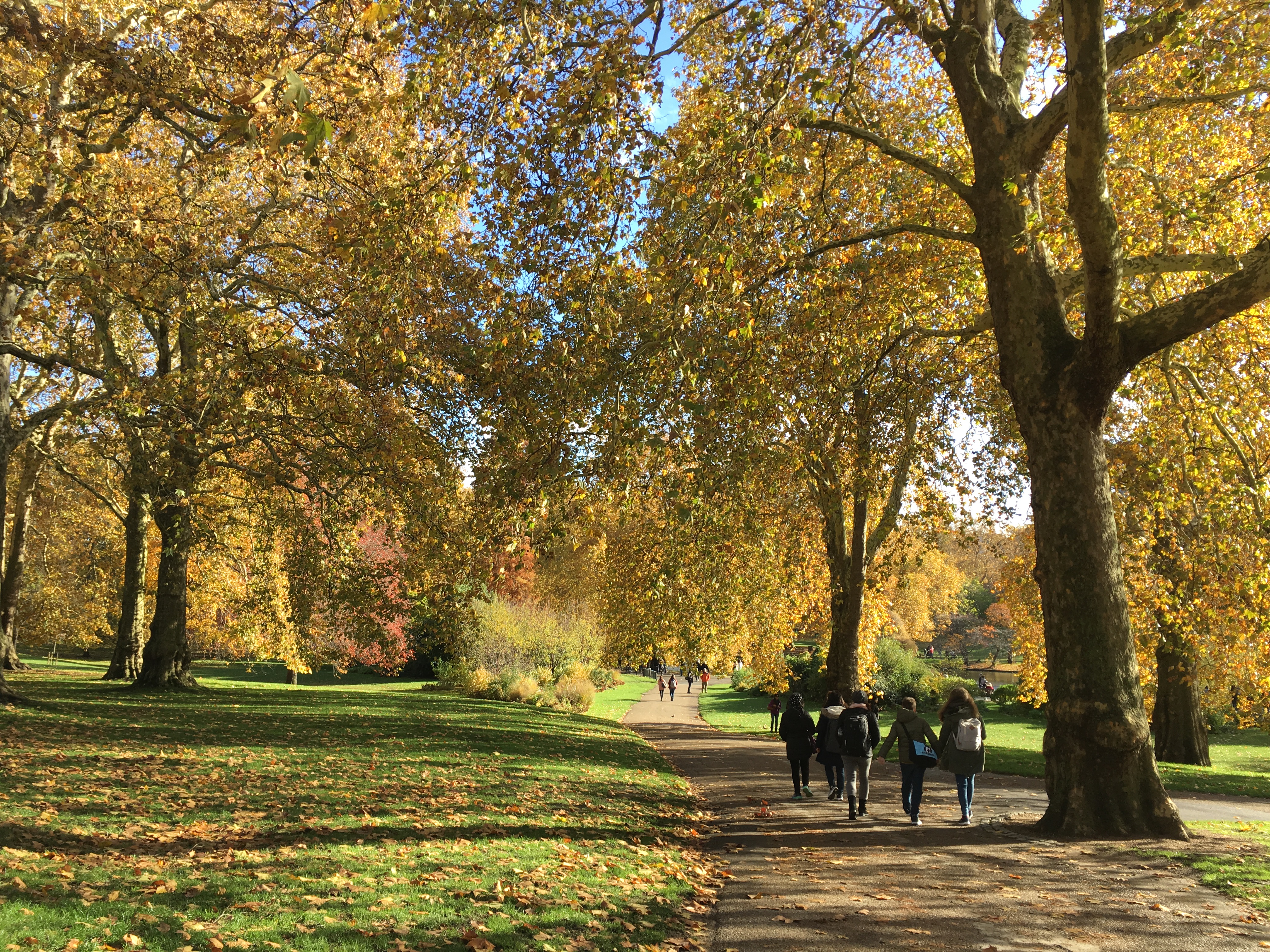Interviewing family members to capture an oral history is an excellent way to begin (or expand) your journey with genealogy. Many people rely on their parents, grandparents and great-grandparents to entertain with family stories at family gatherings, but often are unaware they could also use the time together to capture remembrances. Here are tips to make that next visit even more memorable, by capturing it!
Remember, no matter the place or occasion, each interview is unique; spur of the moment or most effectively, a planned interview.
- Ensure the video and audio equipment is ready before you engage the relative in the conversation. Encourage them to feel comfortable. Explain the importance to capture the memory. If you’ve heard the story before, remind them that the occasion was special; one you’d love to remember by capturing the details.
- Decide (behorehand) on a topic or two and start with questions which elicit a full response and are specific. An example might be, “Can you tell me about the time you and Grandpa met; where were you and what happened to bring you together?” The questions need to elicit a descriptive response; not a yes or no.
- Take an active part in the conversation which encourages them to explain with more details. Perfect approach!
- If this is the first interview, keep it short. Ensure your questions enable answering the basic genealogical facts; when (dates), where (was the location known, or is it a place that may have changed dramatically over time), who (anyone else beyond the family and why were they important?), how did the event come to be, etc.
- Ask clarifying questions; again, back to #3, be an active participant. For example, if the answer to a question was “John”, then clarify if it was the father, son, uncle, etc. In many families, the naming convention of the culture may result in multiple people with the same or similar names.
- Place the story in a historical context. “Was this during WWI?”, “Was this during the Depression?”, etc. Briefing on the history of the area before the interview will facilitate the conversation.
- Setup time to conduct a follow-up interview. Explain your research goal(s), with the intent to return with more questions (once evidentiary documentation or secondary sources have been researched). For example, you may want to find the exact documentation to support the story (birth certificates, census records, death certificates, marriage records, etc.) or newspaper articles and / or books which describe the times and contextual events.
Above all, make sure you both are having a fun experience. Delving into family stories usually bring joyful memories and create an emphoric feeling with the discovery of new information. Sometimes the conversations can provide insights not known to the interviewer, and could be troubling or surprising, but providing encouragement (and no judgment) is always the best response. Remember, enjoy spending time learning more about your relatives and their lives, and share your excitement in return.
If you encounter difficulties or need advice, I’m happy to talk through the conversations and offer advice. You can fill out the Contact Me! form or email me directly at info@shapingyourfamilytree.com.
Resources:
Library of Congress: The American Folklife Center. Oral History Interviews. https://loc.gov/folklife/familyfolklife/oralhistory.html : accessed 8 June 2022.
Oral History Center, University of California at Berkeley. Interview tips. https://www.lib.berkeley.edu/visit/bancroft/oral-history-center/teachers-students?section=interview-tips : accessed 8 June 2022. This website includes tips for interviewing and recording via Zoom, if needed.
Ancestry. Questions for Interviewing Family Members. https://support.ancestry.com/s/article/Questions-for-Interviewing-Family-Members : accessed 8 June 2022. This resource helps you define your specific topic and goal in the interview. Keep it short and simple!
Powell, Kimberly. Fifty questions for family history interviews: what to ask the relatives. http://genealogy.about.com/cs/oralhistory/a/interview.htm : accessed 8 June 2022.
Education:
Oral History Society. Introduction to Oral History. https://www.ohs.org.uk/training/intro-course/ : accessed 8 June 2022. This course is delivered by British Library in London. Online and in-person courses are both available.
Books:
Herber, Mark. (2005) Ancestral trails. 2nd ed. Stroud: History Press. Check Chapter 2 about personal recollections.
Images. Photograph. St. James Park. 11 November 2018. London, England, United Kingdom. Phyllis Zumwalt, photographer. Private collection.

